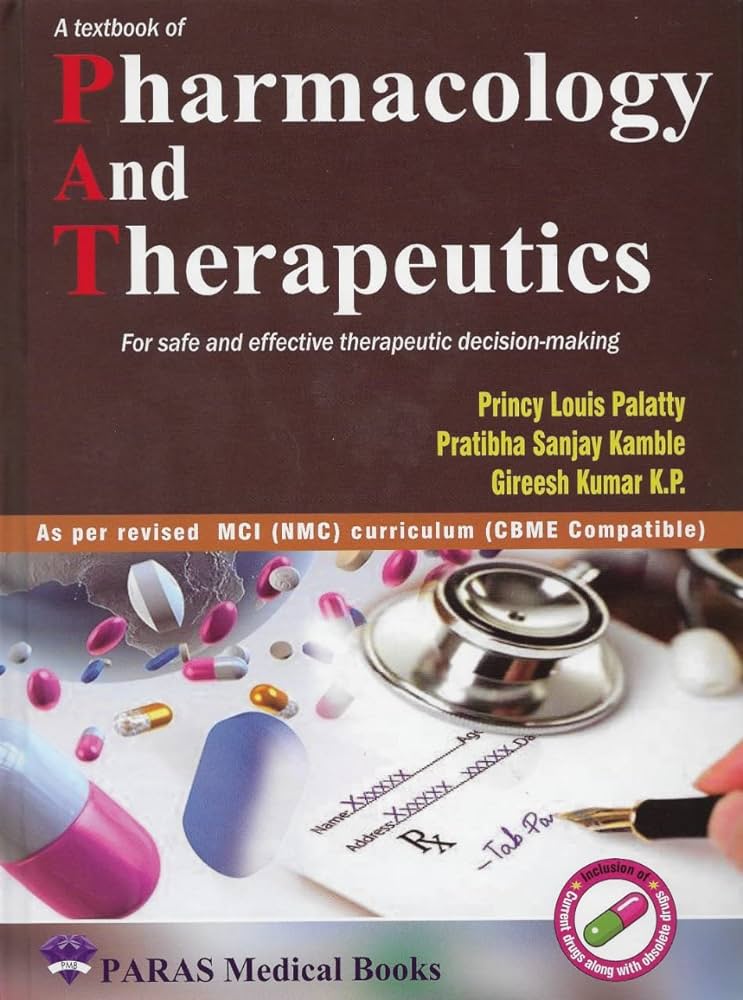Unlocking the power of affibody conjugated radioactive metallopharmaceuticals for targeted cancer diagnosis and therapy
IF 12.5
1区 医学
Q1 PHARMACOLOGY & PHARMACY
引用次数: 0
Abstract
Cancer is the second-largest death-causing disease after cardiovascular diseases. Effective research on cancer diagnosis and subsequent elimination plays a vital role in reducing the cancer-related death toll. Radiotherapy is one of the best strategies that could kill masses of solid tumour tissues; however, the efficacy is limited due to the bystander effect. This issue could be solved by the emergence of targeted delivery of radiometallic complexes, enabling clinicians to monitor the tumour regions and effectively destroy the tumour. Affibody® molecules are a class of synthetic peptides known as antibody mimics having the binding sites of an antibody. The specificity of affibodies is found to be greater than that of antibodies due to their small size. This review intends to highlight the recent developments in the field of affibody-targeted radiometallopharmaceuticals. These approaches could be essential for early cancer detection, tumour staging, and monitoring the response to therapy and could produce better therapeutic outcomes. In an attempt to provide ideas and inspiration for the researchers to design affibody-conjugated radiopharmaceuticals that are clinically applicable, we have provided an in-depth exploration of the various types of affibody-conjugated radiopharmaceuticals that are currently in clinical trials and various other pre-clinically tested conjugates in this article. Only a few review reports on affibody-conjugated radiometallopharmaceuticals, typically focusing on a specific molecular target or radionuclides reported. In this review, we provide a comprehensive overview of most radiometals, such as 111In, 68Ga, 64Cu, 55Co, 57Co, 44Sc, 99mTc, 89Zr, 90Y, 211At, 188Re, and 177Lu, choice of chelators, and potential cancer-associated molecular targets such HER2, EGFR or HER1, HER3, IGF-1R, PDGFRβ, VEGFR2, PD-L1, CAIX, PD-L1, neonatal Fc receptor (FcRn) and B7-H3. This approach highlights the advancements made over the past twenty years in affibody conjugates for radio imaging and therapy in oncology.
释放粘附体结合放射性金属药物在靶向癌症诊断和治疗中的作用。
癌症是仅次于心血管疾病的第二大致死疾病。有效的癌症诊断和随后的消除研究对减少癌症相关死亡人数起着至关重要的作用。放射治疗是能够杀死大量实体肿瘤组织的最佳策略之一;但由于旁观者效应的存在,其效果有限。这个问题可以通过放射性金属复合物的靶向递送的出现来解决,使临床医生能够监测肿瘤区域并有效地摧毁肿瘤。附着体®分子是一类被称为抗体模拟物的合成肽,具有抗体的结合位点。由于其体积小,发现其特异性比抗体大。本文综述了近年来靶向放射性金属药物领域的研究进展。这些方法对于早期癌症检测、肿瘤分期和监测治疗反应至关重要,并可能产生更好的治疗效果。为了给研究人员设计临床应用的词缀共轭放射性药物提供思路和灵感,我们在本文中深入探讨了目前正在临床试验的各种类型的词缀共轭放射性药物以及其他各种临床前测试的缀合物。目前仅有少数针对特定分子靶点或放射性核素缀合放射性金属药物的综述报道。在这篇综述中,我们全面概述了大多数放射性金属,如111In、68Ga、64Cu、55Co、57Co、44Sc、99mTc、89Zr、90Y、2111at、188Re和177Lu,螯合剂的选择,以及潜在的癌症相关分子靶点,如HER2、EGFR或HER1、HER3、IGF-1R、PDGFRβ、VEGFR2、PD-L1、CAIX、PD-L1、新生儿Fc受体(FcRn)和B7-H3。这种方法突出了过去二十年来在肿瘤放射成像和治疗中所取得的进展。
本文章由计算机程序翻译,如有差异,请以英文原文为准。
求助全文
约1分钟内获得全文
求助全文
来源期刊
CiteScore
23.00
自引率
0.70%
发文量
222
审稿时长
90 days
期刊介绍:
Pharmacology & Therapeutics, in its 20th year, delivers lucid, critical, and authoritative reviews on current pharmacological topics.Articles, commissioned by the editor, follow specific author instructions.This journal maintains its scientific excellence and ranks among the top 10 most cited journals in pharmacology.

 求助内容:
求助内容: 应助结果提醒方式:
应助结果提醒方式:


